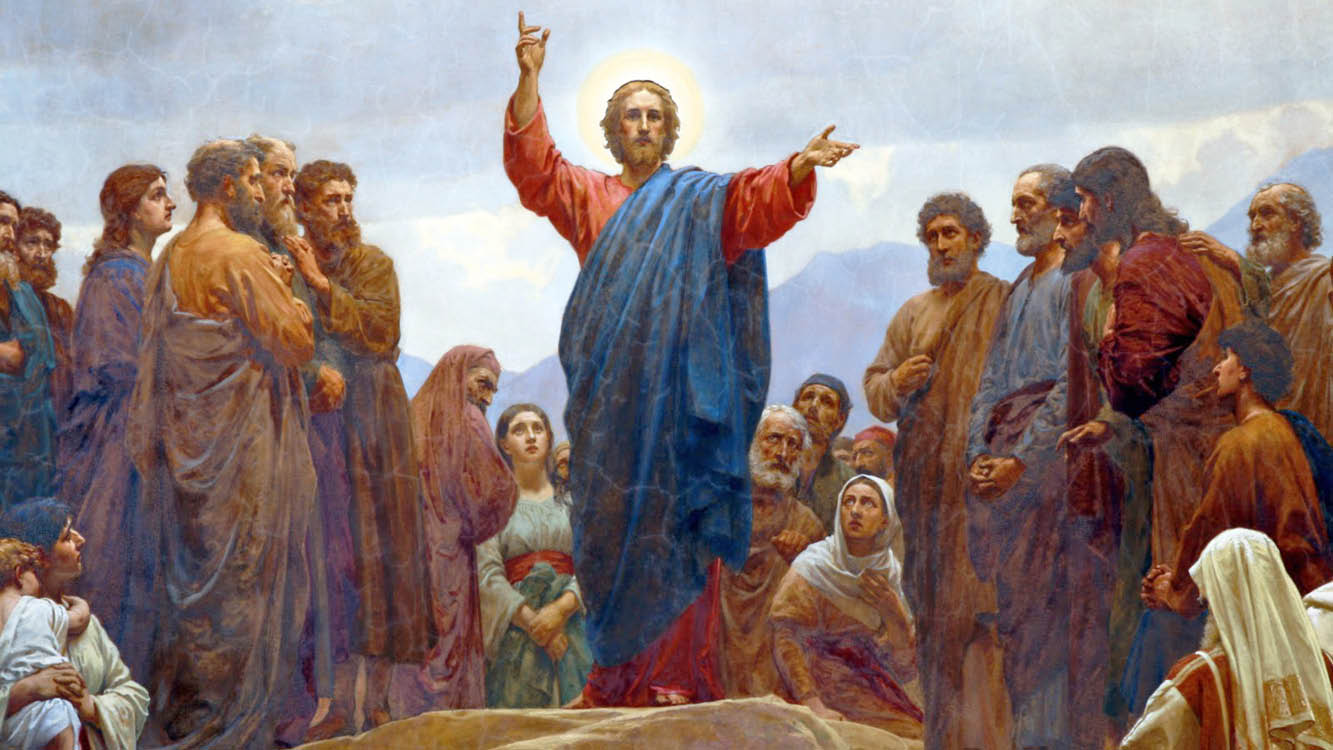Reflection on the Gospel of the Fourth Sunday In Ordinary Time(Day of Consecrated Life) |
Luke 4:21-30 |
“The Spirit of the Lord is upon me, for he has anointed me. He has sent me with the commission to announce good news to the poor, to proclaim release to captives and recovery of sight to the blind; to send off the oppressed with liberty, to proclaim an acceptable year of the Lord.” – It is with these words of scripture that Jesus announces His Mission Statement and declares that He is the long awaited Messiah who going to save them all. However, many readers are puzzled by the apparent shift from 4:22, where the response of the listeners is if not admiring at least neutral, to 4:28, where wrath spills over into attempted manslaughter.
The provocation is given by the comparison of Jesus’ ministry to that of Elijah and Elisha. The stories are bound together only by the fact that in both the prophetic visitation was extended to Gentiles—outside the boundaries of the people Israel. The reader has already been told by Simeon’s prophecy in 2:32 and the citation of Isaiah in 3:6 that the salvation brought by Jesus would extend to all nations. But this is the first that any of the Jewish characters in the narrative have heard of it. The comparison’s equations are simple: as Jesus = a prophet, and Nazareth = Israel, so Capernaum = the Gentiles.
It is this veiled intimation that the prophet would be for all and not just for them—and in the reader’s understanding, that God’s visitation and salvation were to be for the poor and oppressed of all nations and not just for Jews—that arouses the neighbours’ wrath, impelling them to fulfill Jesus’ statement: he is not acceptable in his own country because his mission extends beyond his own country. Luke thus provides the last part of the prophetic pattern, that of rejection by the people.
We should therefore reflect if our actions and our lives are an impediment or a benefit in Jesus message reaching to all who we encounter.




